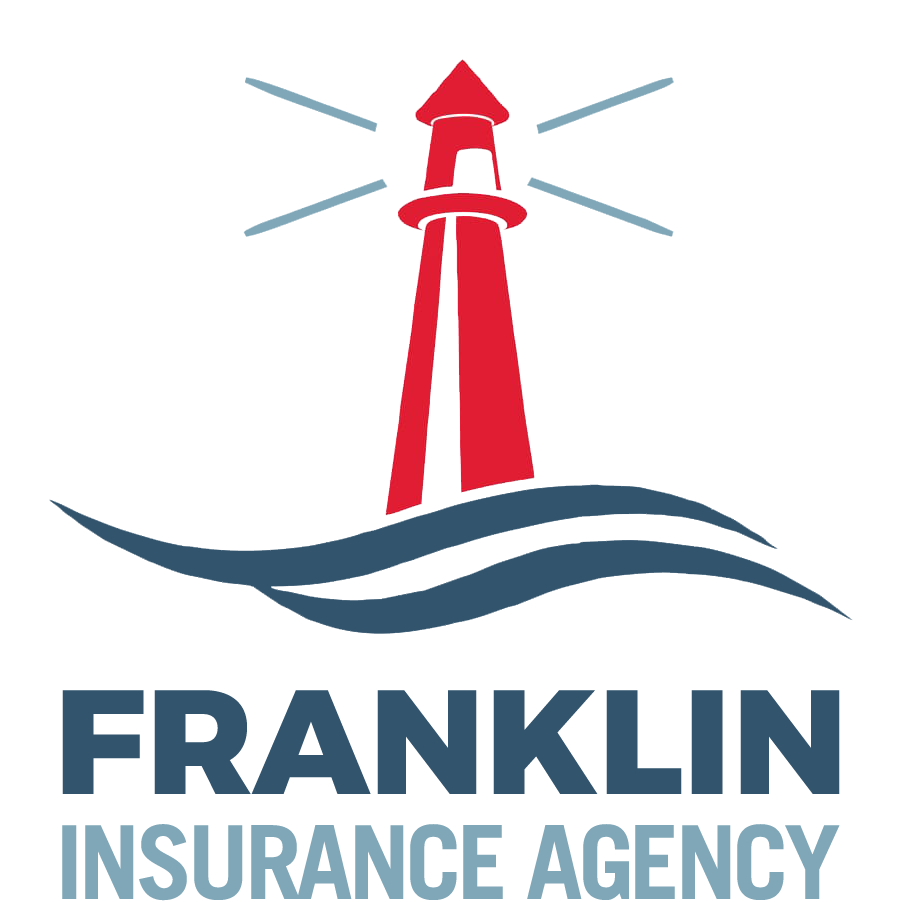We are an Independent Insurance Agency for Personal Auto, Home, Property, Recreational Vehicles and Commercial Insurance.
Auto Insurance
Auto Insurance
Auto insurance should not be a complicated matter. Many people have an insurance policy but they do not exactly understand how they are covered, or what they will do if they find themselves in the position of needing to utilize their insurance. Discover the basic types of car insurance and find out how to obtain the coverage you need for your particular situation:
Liability Coverage
Liability is a type of coverage that covers the damages when you are at fault in an accident and you cause bodily injury or damage someone else’s car or property. Liability coverage is often mandated by law, so it is important that you as the driver make certain you have an adequate amount.
Uninsured/Underinsured Motorist
Often overlooked, this provides coverage even if the other Party does not have liability coverage or not enough to pay for injuries to you and passengers in the event of an accident that is not your fault.
No Fault and Medical Payments
This is also called Personal Injury Protection or “PIP” in some states. This coverage and Medical payments will pay for any injuries to the driver or passengers in your car that occur if an accident occurred while driving. Additional benefits that are available from Personal Injury protection are Work Loss and a Death Benefit.
Collision Coverage
This is the basic insurance type that covers your vehicle for physical damage if you collide into something. This covers collisions with other cars, as well as if you were to run into a fixed object such as a wall, barrier or bridge
Comprehensive Coverage
Also known as Other than Collision, or “OTC” this covers anything that may happen to your car that is not directly related to a collision. Typically, this would include things such as fire, theft, hitting a deer or vandalism. Glass coverage is also available under this type of coverage.
Now that you understand a bit more about the different types of auto insurance available, you are probably ready to find the right coverage for you. The best way to do this is to work with an Independent Agency that will allow you to compare and decide what is best for you. By doing this, you can rest assured you are getting the best coverage and personal attention you need.
Property Insurance
Homeowners Policy
A Homeowners policy is for people who own and occupy their own dwelling. This may be either a single family or multi-family home, townhouse or a condominium. This type of policy will provide coverage for the structure and the contents of your home. Liability is afforded in the event you are held responsible for injury or property damage to others. The policy will even pay for the loss of use of your home if you cannot reside there due to a covered loss.
Homeowner policies provide coverage for the majority of losses, natural disasters and weather (earthquakes and flood are excluded but can be added by endorsement or a separate policy) and will allow you to rebuild your home and replace your property. If theft or vandalism occurs, the policy will replace the stolen items and repair the vandalism damage. If a claim involves Bodily Injury or Property to others and you are held liable, you are protected by the limit of liability coverage on the policy. This will provide protection for your assets and income, so it is very important to consider this when selecting the liability limit. There a several level of coverage that are available when purchasing Homeowners coverage. Named Peril policies are typically HO-1, or HO-2 policies and Special Form are typically HO-3 or HO-7 policy forms. We can help inform you of these differences so you are obtaining the best coverage.
Renters Policy
A Renters policy is essentially a Homeowner policy without the dwelling or structure coverage. The policy provides specific coverage for the contents of the home, apartment, or townhouse that you are renting. Liability is afforded in the event you are held liable for Bodily Injury or Property damage to others. If you cannot live in the residence due to a loss that makes it uninhabitable, coverage is available for the loss of use of your unit. Even though your landlord has a Homeowners or Landlords policy on the place you are living, it does not cover you or your contents as a tenant, which is why Renters insurance is essential.
Commercial Property
A Commercial property or Landlords insurance policy could be thought of as a commercial version of a Homeowners policy for the structure and contents. You will find similar covered items, such as fire, theft, vandalism, weather and natural disasters that pertain to the business property. Liability is afforded and so is the Loss of Income if a covered loss occurs. If your business has some type of physical location, it will require a property insurance policy.
